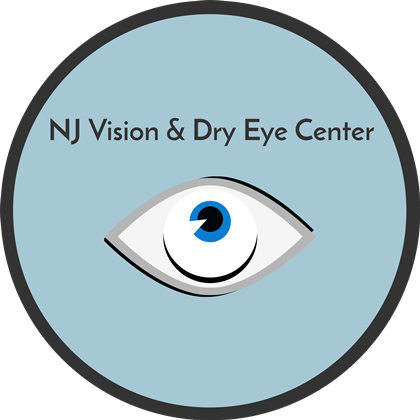Cataract Awareness Month: Understanding, Preventing, and Managing Cataracts
June is Cataract Awareness Month, a perfect time to educate yourself about this common eye condition that affects millions of people worldwide. Cataracts, which cause the lens of the eye to become cloudy, can significantly impair vision. By understanding the signs and symptoms, taking preventive measures, and knowing when to consider surgery, you can take proactive steps to maintain your eye health.
Signs and Symptoms of Cataracts
Cataracts develop slowly over time and often start with subtle changes in vision. Some common signs and symptoms include:
- Blurry or cloudy vision
- Difficulty seeing at night
- Sensitivity to light and glare
- Seeing halos around lights
- Fading or yellowing of colors
If you notice any of these symptoms, it’s essential to schedule an eye exam with your Optometrist in Old Bridge. Early detection can help manage the condition more effectively.
Prevention Tips
While some risk factors for cataracts, such as age and genetics, cannot be controlled, there are several lifestyle changes you can make to reduce your risk:
- Wear Sunglasses: Protect your eyes from harmful UV rays by wearing sunglasses that block 100% of UVA and UVB rays.
- Quit Smoking: Smoking can increase the risk of cataract development. Quitting can significantly benefit your eye health.
- Manage Health Conditions: Conditions like diabetes can increase the risk of cataracts. Keep chronic conditions well-managed through regular checkups and a healthy lifestyle.
- Eat a Healthy Diet: Foods rich in antioxidants, such as fruits and vegetables, can support eye health. Include plenty of vitamin C, vitamin E, and omega-3 fatty acids in your diet.
- Regular Eye Exams: Routine eye exams can help detect cataracts early and monitor any changes in your vision.
Living with Cataracts: When to Consider Surgery
Living with cataracts can be challenging, but many people manage the condition well with the right support and care. However, when cataracts begin to interfere with your daily activities, it may be time to consider surgery. Some signs that surgery might be necessary include:
- Significant difficulty performing tasks like reading, driving, or recognizing faces
- Poor vision affecting your quality of life
- Frequent changes in eyeglass prescriptions without improvement in vision
Cataract surgery is a common and generally safe procedure where the cloudy lens is replaced with an artificial one. This surgery can restore clear vision and improve your overall quality of life.
